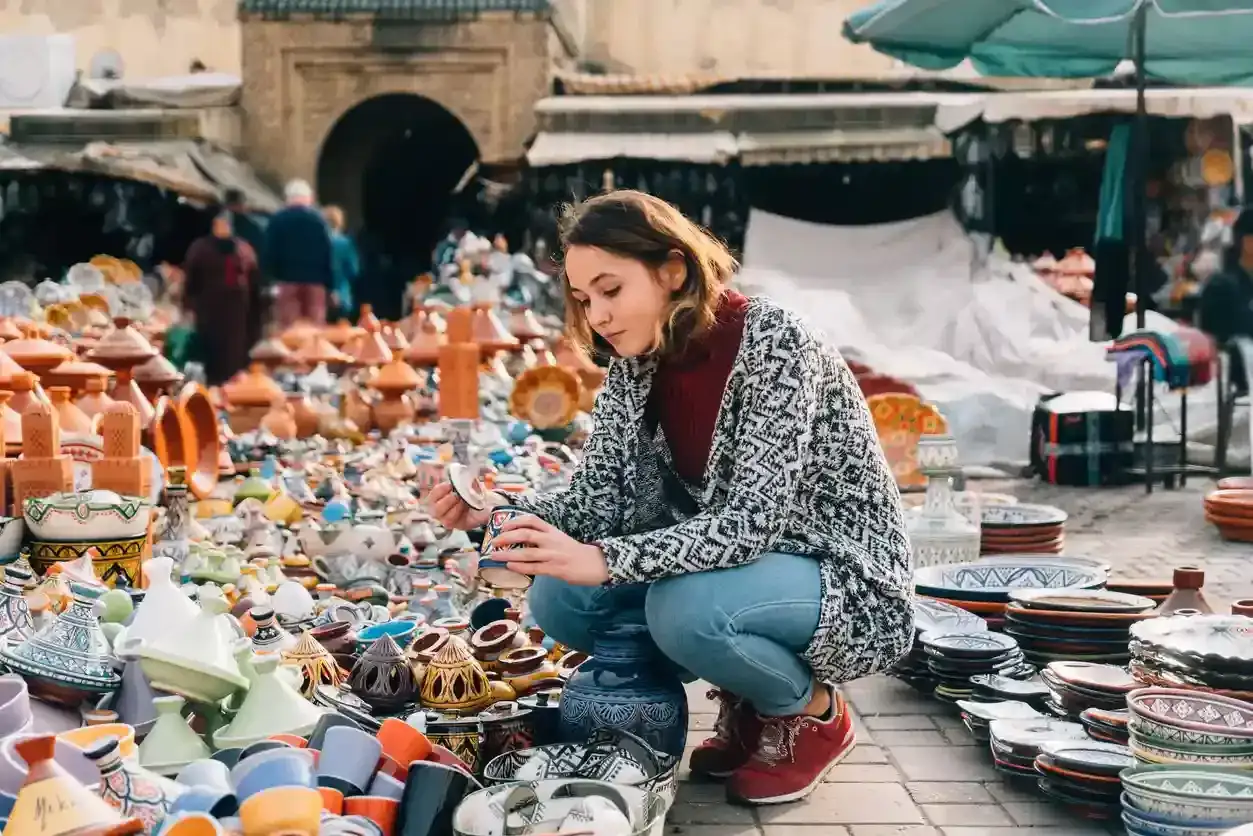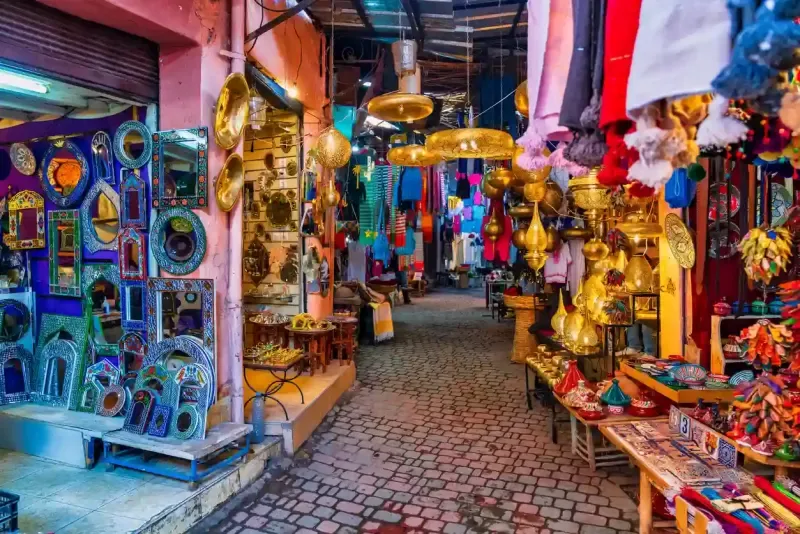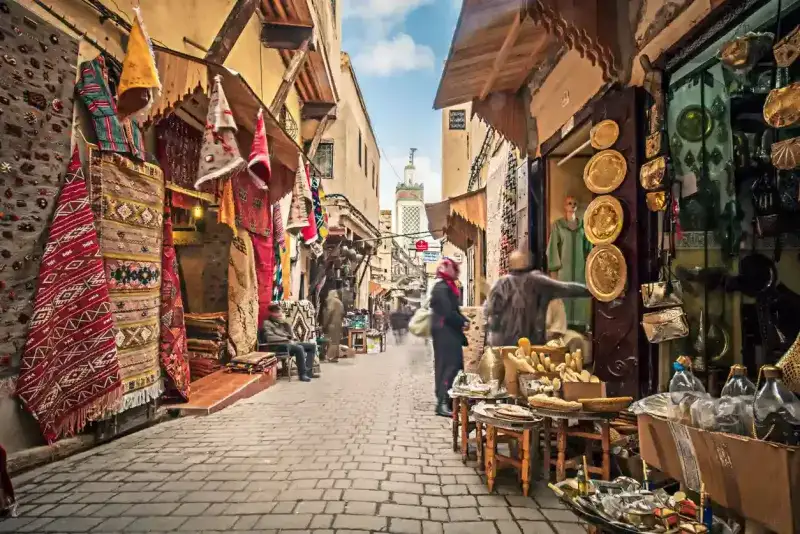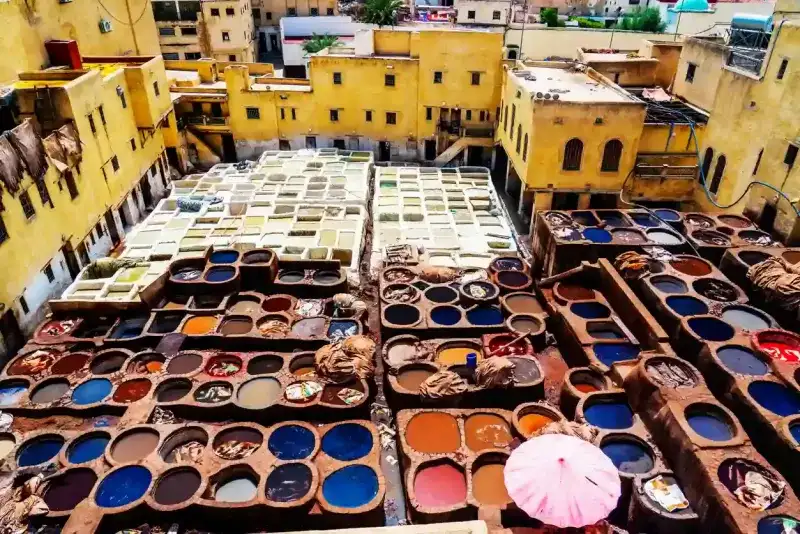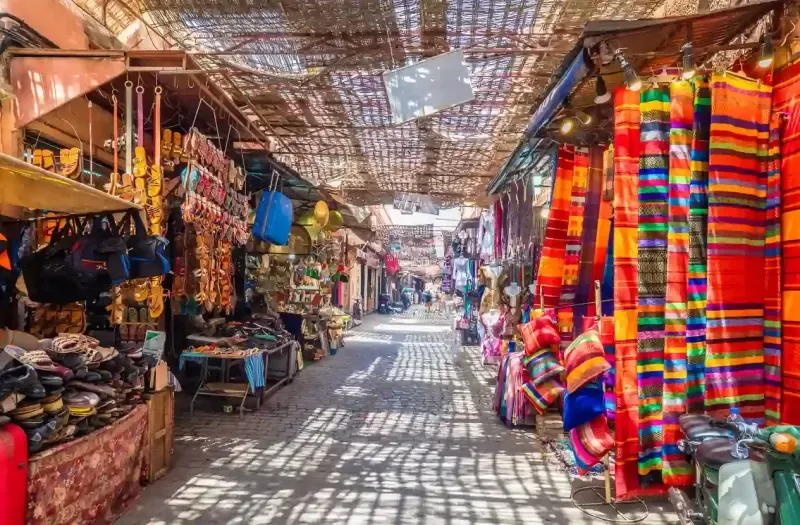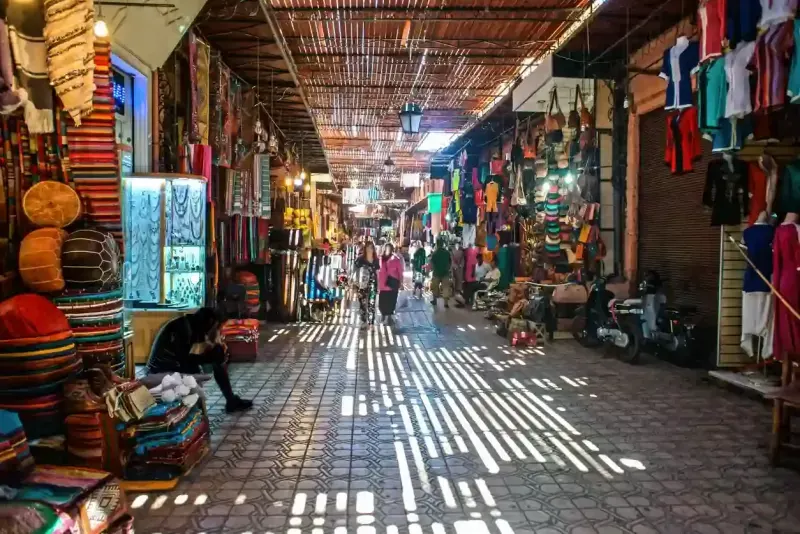Morocco's ancient marketplaces stand as enduring testaments to centuries of unbroken commercial tradition, where the rhythmic pulse of trade echoes practices that have remained fundamentally unchanged since medieval times. Western visitors often approach these bustling souks with trepidation, particularly those unaccustomed to the art of negotiation. Yet what remains hidden from most outsiders is a fundamental truth: bargaining represents far more than mere price reduction; it constitutes a cherished cultural ritual where mutual enjoyment and respect form the foundation of every exchange.
The significance of timing within Morocco's commercial landscape cannot be overstated. Merchants throughout the kingdom attach profound spiritual and practical importance to their inaugural daily sale, believing it carries "baraka"—divine blessing and good fortune that influences their entire day's prosperity. This deeply rooted cultural belief frequently results in considerably more favorable pricing for visitors who arrive during the early morning hours. Seasoned shoppers understand that opening negotiations at roughly half the merchant's initial quote establishes the proper foundation for successful bargaining. Morocco's marketplace ecosystem operates through three distinct commercial structures: authentic artisan workshops where craftspeople sell their own creations, intimate medina establishments offering personal service, and expansive tourist-oriented shops spanning multiple floors.
This detailed examination reveals closely guarded bargaining strategies that remain largely unknown to casual visitors. Our exploration demonstrates why purchasing directly from artisans represents both ethical shopping and fair compensation for exceptional craftsmanship. More significantly, we present proven methodologies for successful negotiation, including the strategic use of departure as a bargaining tool and techniques for establishing reasonable opening prices that honor both cultural expectations and practical outcomes. From the legendary souks of Marrakech to intimate neighborhood markets scattered throughout Morocco's historic cities, these insider perspectives will reshape your understanding of commercial interaction from anxiety-inducing ordeal to enriching cultural immersion.

